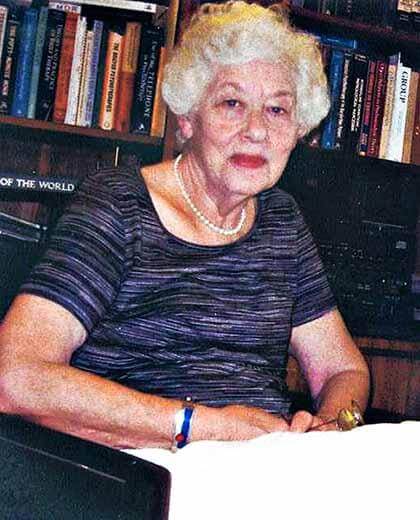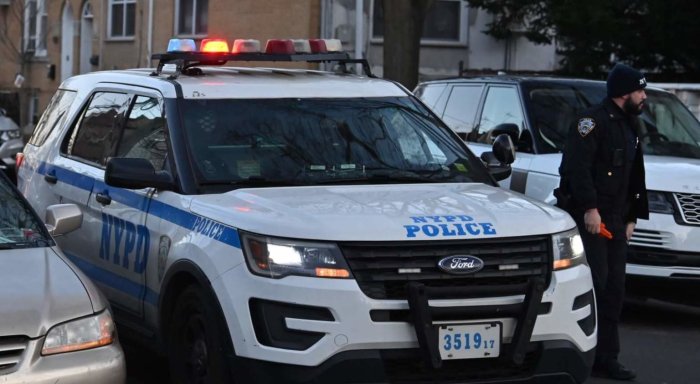By Joe Anuta
History is always more vivid when told from first-hand accounts, and Queens residents will have the chance to hear the story of a woman who survived the Holocaust as a teenager with the help of some brave French villagers.
Hanne Liebmann will speak at the Central Queens YM & YWHA April 28 for Holocaust Memorial Day, a daylong commemoration of the victims of Hitler’s Nazi regime.
“We’ve all seen films and read books about the Holocaust,” said Peggy Kurtz, a spokeswoman for the Y. “But nothing brings home the reality more clearly than the presence of someone who lived through these events. It’s so important to hear these stories now while we still can.”
Liebmann was born in Karlsruhe near the eastern border of Germany in 1933 and spent her entire childhood under Nazi rule.
At the age of 16, she was one of a small number of Germans deported to a concentration camp in southern France.
“Camp life was miserable,” she said. “More than miserable.”
But in a small show of humanity, several groups, like the Swiss Red Cross, were allowed to operate inside the camps and move children to other places outside the camps. Liebmann was one of them..
“We were not liberated. We were transferred,” she said. “The French always knew where we were.”
Liebmann was transferred to a small French village called Le Chambon, where she learned that the residents hid people and quietly saved thousands of lives during the war.
“They were open to hiding people,” Liebmann said. “They are the best people in the world.”
Liebmann said it is estimated that the inhabitants of the tiny hamlet and the surrounding areas hid about 3,500 people fleeing the wrath of the Nazis during the war.
The villagers were Huguenots, who practice Protestant Christianity, and were familiar with the plight of the Jews during World War II.
“They were persecuted by the Catholic king in the 1500s,” Liebmann said. “They remember history, and if they see other people being persecuted, they always help.”
The generosity of the villagers in the face of dire consequences is what drives Liebmann to recall the tale of her stay since to tell the story is to relive it in a small way.
“Speaking of my mother is always an emotional point for me,” she said. “It is not easy to talk about.”
Liebmann saw her mother for the last time on a train platform near the concentration camp.
“You see the train, you see the doors being locked,” she said of the incident when her mother was packed in a rail car bound for Auschwitz, the concentration camp in Poland. “If you asked me to do it twice a day, I wouldn’t be able to.”
But Liebmann said it is important to pass along the story of the villagers who went about their daily tasks while harboring a secret that might get them killed.
“There is no gift that you can say to them: ‘Thank you for saving my life,’” she said. “But you can talk about it so people can live up to their moral standards.”
Kurtz also wanted to honor the villagers.
“I think it’s important to honor the courage of the Holocaust rescuers, who risked their lives and those of their families to rescue people they did not even know,” she said. “With so many terrible stories from the Holocaust and so many horrific events ever since then, I think we need positive models, too, to remind us that it is possible to keep one’s humanity even in the worst of times.”
But Liebmann’s story is just as incredible. She fled the French village in 1943 by train, bus and on foot and made it to Switzerland. Several years afterward, she left the continent altogether to settle in New York.
Hear her tale of escape at the Central Queens YM & YWHA April 28 at 1:30 p.m. at 67-09 108th St. in Forest Hills. A $6 donation is suggested.
Reach reporter Joe Anuta by e-mail at januta@cngloal.com or by phone at 718-260-4566.


































